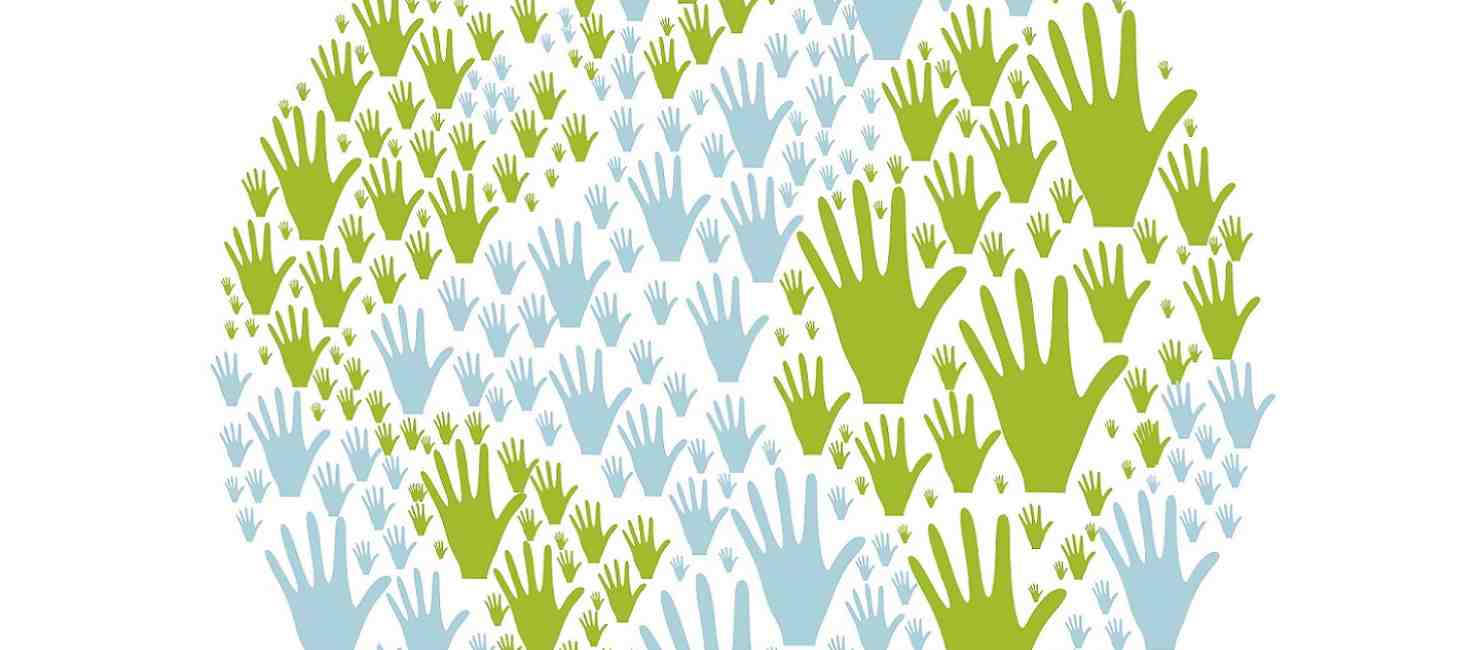How do we know children rarely lie about abuse?
Dear Stop It Now!,
Can you please point me to any research or articles that demonstrate that it's rare for children to lie about sexual abuse? We have some community members asking about that.

Dear Curious Community Member,
It’s great that the members of your community are talking about child sexual abuse, and that you’re reaching out for answers to their questions.
Why the Myth Exists
As we mention on our website, children rarely lie about sexual abuse. There are many reasons why the myth persists that children lie about abuse. The Possible Reactions Of Non-Offending Parents and Caring Adults can be so painful and difficult that it may be easier to believe that a child is confused or lying than that the abuse took place. Children experience and explain the world differently than we do as adults, so their disclosures may change over time, leading those around them to believe it may be false. And because the experience of disclosing and investigation can be so frightening in addition to the abuse itself, many children may recant or change their stories. (See How Can I Better Understand What My Child Is Going Through? from our Online Help Center.)
Facts About Disclosure
It can be hard to find current research on certain aspects of child sexual abuse, like disclosures, in part because more than half of children don’t tell about the abuse. But there are several publications that acknowledge how rare it is for children to lie about abuse, even if they may not include exact statistics or it may not be the main focus of the article. Some of these may be geared toward professionals so, since I’m unsure who in the community the information is meant for, please use whichever fits your needs best.
Is the child victim of sexual abuse telling the truth? in the journal of Child Abuse and Neglect, takes a thorough look at why children rarely lie about abuse. While it focuses on the issue from a professional standpoint and does use a male abuser-female survivor lens, it addresses the issue very directly. SECASA is based in Australia, so information about legal or investigative systems may not be accurate to those in the US. Here is an excerpt:
“For the reasons stated above, we know that children do not make up stories asserting they have been sexually molested. It is not in their interests to do so. Young children do not have the sexual knowledge necessary to fabricate an allegation. Clinicians and researchers in the field of sexual abuse are in agreement that false allegations by children are extremely rare.”
The National Child Traumatic Stress Network (NCTSN) is another good resource for families affected by, and professionals addressing, child sexual abuse. Their information for parents and caregivers on What To Do If Your Child Discloses Sexual Abuse answers the question, “I have heard that some children who disclose sexual abuse later ‘take it back.’ Does this mean they were lying?” at the end of their fact sheet.
The UK-based National Society for the Prevention of Cruelty to Children (NSPCC) research briefing, Children and young people disclosing sexual abuse: An introduction to the research, also states that there is little evidence that children frequently lie about abuse.
Continuing the Conversation
Your community members may find the information in our Guidebooks and Tip Sheets additionally helpful as they continue to discuss, and work to prevent, child sexual abuse in the community. You may also want to take a look through our Library of Resources for more research and resources.
And of course, if you or your community members have any further questions, please don’t hesitate to contact us again for more information. We’re glad that you’re discussing this very difficult, but important, topic.
Take care,
Stop It Now!
Feedback:
Please share your feedback on this question
Last edited on: May 22nd, 2023

